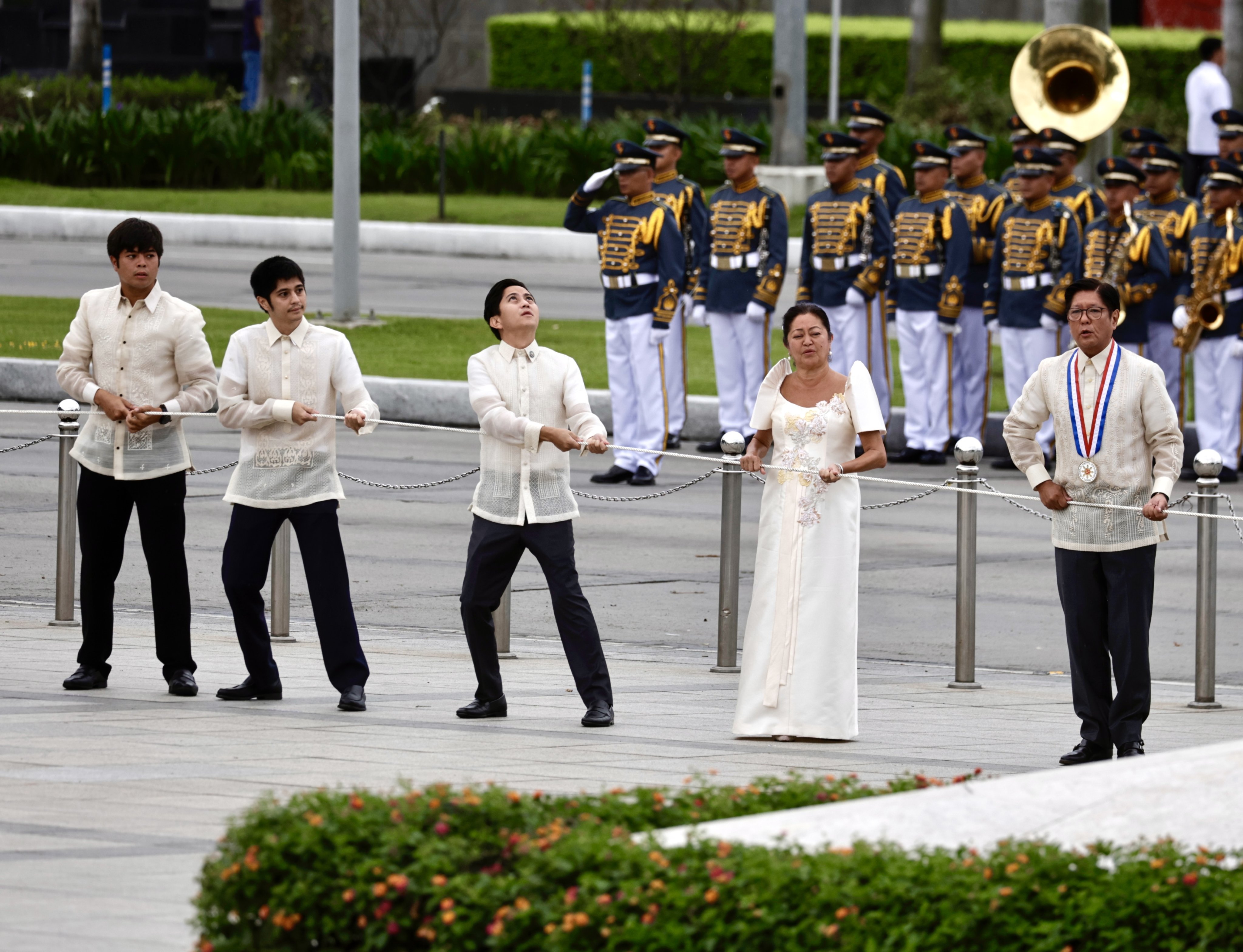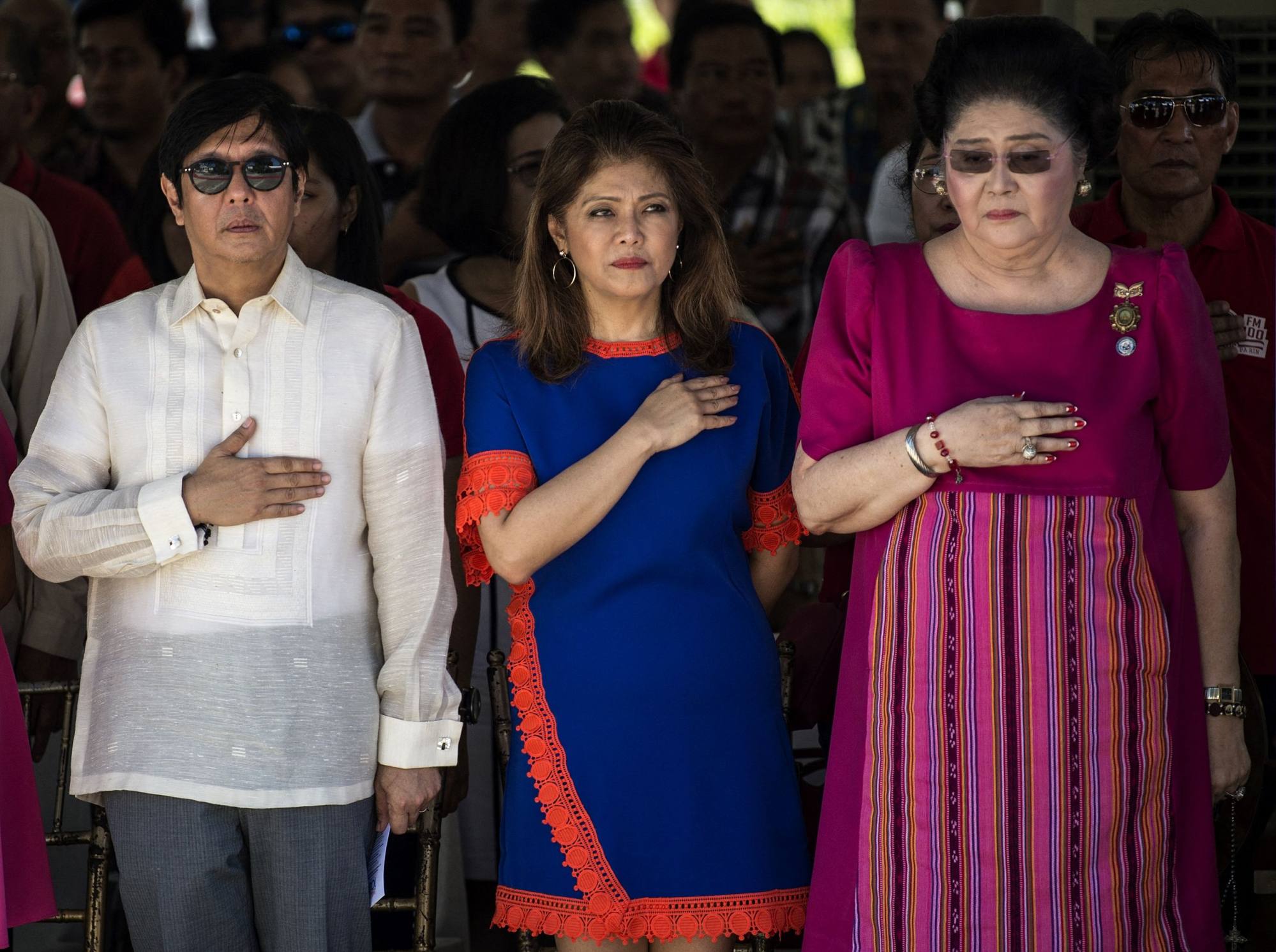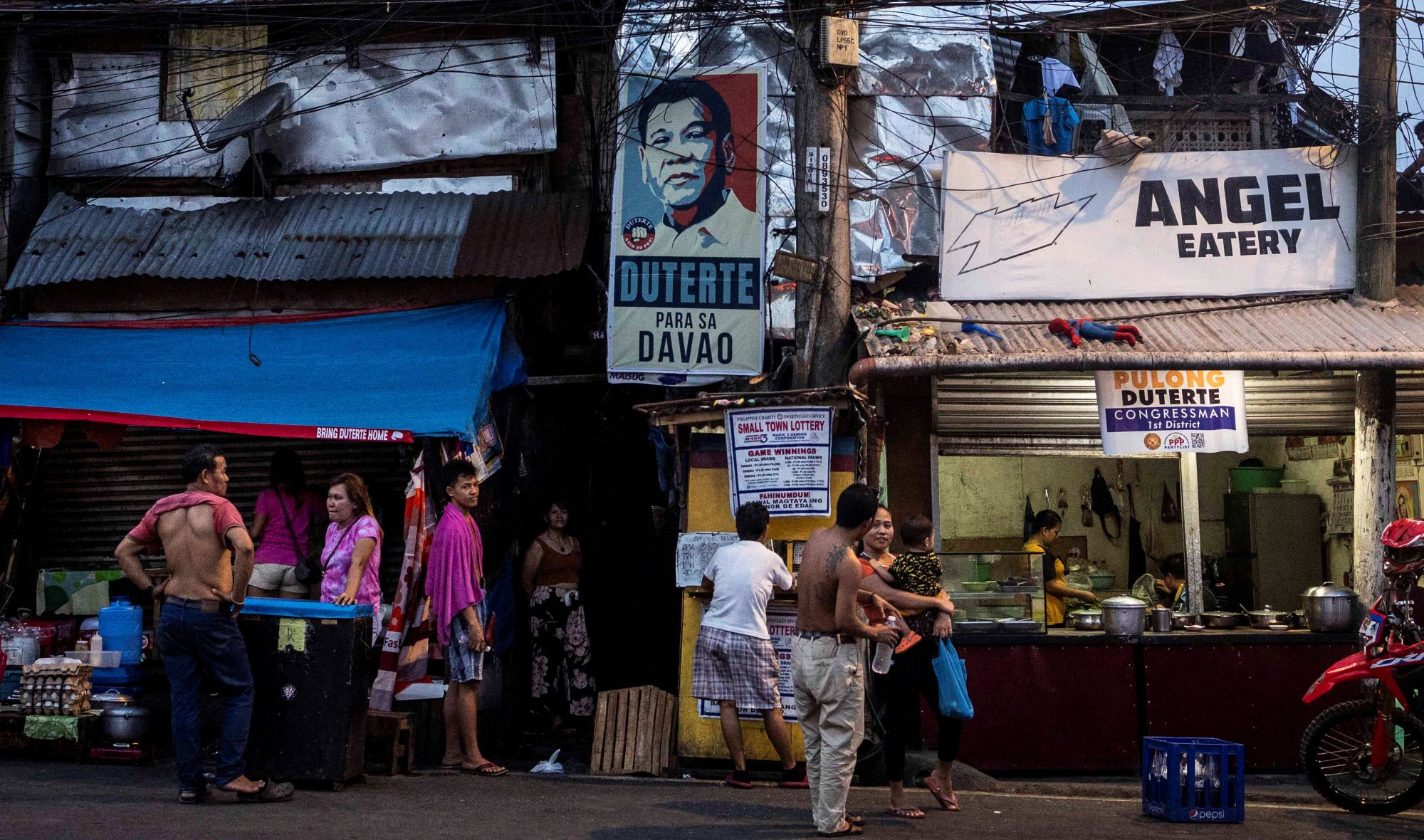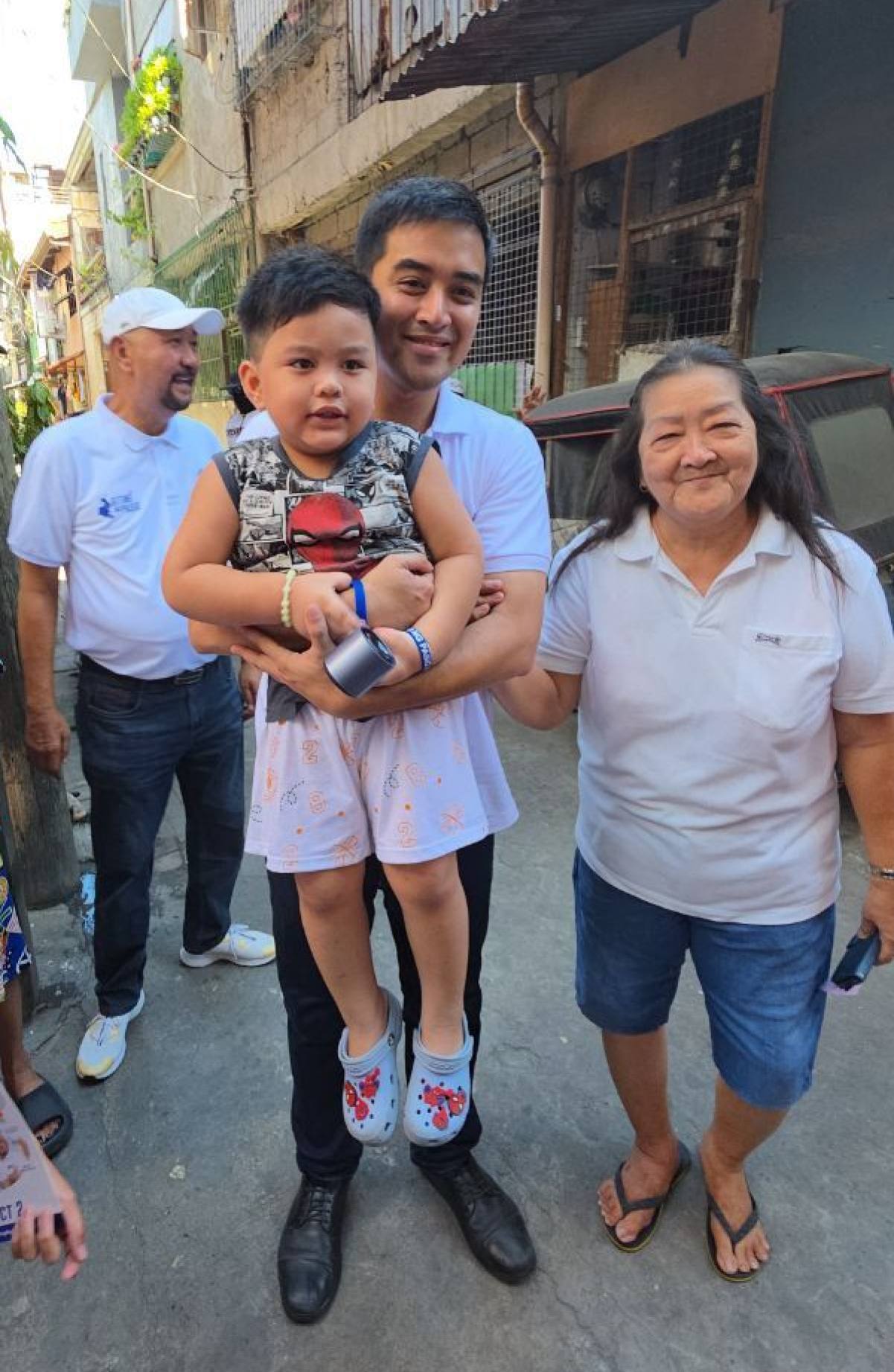Political dynasties threaten Philippines’ democracy, EU observers warn
Political power remains concentrated within a small circle of elite families, the team monitoring the Philippines midterm polls say

The stranglehold of political dynasties on Philippine democracy risks deepening public disillusionment and limiting political pluralism, the European Union’s election mission has warned, as it called for sweeping reforms to the country’s “outdated” election code and party-list system.
In its final report released on Thursday, the EU Election Observation Mission said political power in the Philippines remained concentrated within a small circle of elite families, even in institutions meant to promote inclusive governance. The delegation had monitored the country’s May midterm polls at the invitation of the Philippine government.
“Political power is concentrated in dynastic families which, according to civil society organisations, have held four out of every five congressional seats in the outgoing convocation, including two-thirds of party-list seats reserved for under-represented sectors,” said Marta Temido, the mission’s chief observer and a member of the European Parliament.
Despite praising the “commitment to democracy” shown by Filipino voters – turnout stood at 81.65 per cent, the highest ever recorded for midterm elections – Temido said enduring problems such as vote-buying, election-related violence and an outdated legal framework continued to mar the electoral process.

Nearly half of the provisions in the Philippines’ 1985 omnibus election code were now obsolete, she said, having been superseded by the 1987 constitution or other laws. This left electoral legislation “scattered and not harmonised”, raising barriers to accountability and reform.
“The legal framework provides overall an adequate basis for the conduct of democratic elections in line with international commitments and standards. However, to fully align it with international standards espoused by the Philippines, some provisions require revision,” Temido said.
“In addition, other issues that remain unaddressed include a regulation of political parties and provisions to limit the dominance of political dynasties, as mandated by the constitution.”
She added that the failure to enforce constitutional limits on dynasties had weakened political competition and “made it especially difficult for newcomers and non-traditional candidates to enter the race, reinforcing public perceptions that elections are shaped more by elite, limiting political pluralism and the playing field remains uneven”.
The report also scrutinised the country’s party-list system. Designed to guarantee marginalised groups a voice in Congress, it had largely been captured by powerful clans and business interests, Temido said.
She noted that at least 86 out of 155 registered party-list groups were tied to political clans or companies with “unclear or questionable sectoral representations”. Many parties also lacked coherent ideologies, instead operating as vehicles for “cooperation among vested interests”.
“Candidates’ allegiances often shift even during campaigns, challenging the voters’ ability to make informed choices,” she added.
Entrenched political dynasties
Observers said that while the EU’s recommendations were timely and valid, implementing them would not be easy given the entrenched dynasties in both houses of Congress and local government.
Matthew David Ordoñez, a political-science lecturer at De La Salle University, said the power of dynasties was deeply rooted in Philippine history, going back to the Spanish colonial period when landed elites controlled economic and political life. “This legacy persists, allowing wealth to translate into political influence,” he told This Week in Asia.
Today, that dynamic was reinforced by a system of clientelism that underpinned what Ordoñez called the Philippines’ “patronage democracy”.
“In rural areas, where public goods are often scarce, this clientelist exchange is not always driven by corruption but by survival,” he said.

Voters often associated long-standing political families with reliable access to services, he added. “They are sceptical of newcomers and opposition politicians and value ‘proven track records’ even if electoral competition is limited and resources are monopolised by these same political families.”
Gino Trinidad, a political-science instructor at Ateneo de Manila University, said politicians also capitalised on culturally ingrained values of gratitude and shame to reinforce their appeal.
“As long as they are effectively able to curate an image of being trustworthy and dependable, especially in times of need … they have a big chance of winning,” he told This Week in Asia.
Even government-mandated services had become personalised, he said, “in the sense that it would appear as if the services are given from the very pockets of the politicians themselves”. Aid or dole-out programmes, infrastructure projects and relief goods often bear the name and image of elected officials.
“It also does not help that the Philippine electoral system relies on name recall, which incentivises them to keep on etching their names on every tangible service the government is expected to provide its constituents.”
Trinidad said that revising the omnibus election code would be difficult due to present conditions. “We have had a long-standing campaign to enact an anti-political dynasty law, the primary difficulty of which concerned the definition of a political dynasty,” he said, adding that revisions to the election code could run into the same hurdles.

An anti-dynasty legislation was necessary, Ordoñez said, but he agreed with Trinidad that it might “be unfeasible at this time with the number of dynastic legislators currently in many branches of the government”.
However, while these dynasties might be dominant, they are not invincible”, he added. “The recent elections have proven that it is possible to depose a dynasty through elections. Some examples are the weakening of the Aguilar-Villar clan’s hold on Las Pinas and Vico Sotto’s deposing of the Eusebio dynasty.”
In Las Pinas, a city in Metro Manila, former senator Cynthia Villar contested for the city’s Congress seat but lost in the May election, while her daughter, congresswoman Camille Villar, ran under President Ferdinand Marcos Jnr’s slate and won a Senate seat.
Pasig City Mayor Vico Sotto won his third term in May by a landslide. His opponent was suspected of being linked to the former Eusebio dynasty that Sotto had defeated in 2019. The Eusebios previously held local seats in Pasig City for 27 years.
So instead of working to ban dynasties, it would be more feasible to strengthen oppositional elections and non-dynastic candidates, and reform the party-list system.
“Revisions to the omnibus election code will also help,” Trinidad said. “However, there might also be a need to rethink our electoral system … The passage and effective implementation of legislation prohibiting elected government officials from taking credit for government services can also prove crucial in attempts at curbing political dynasties.”